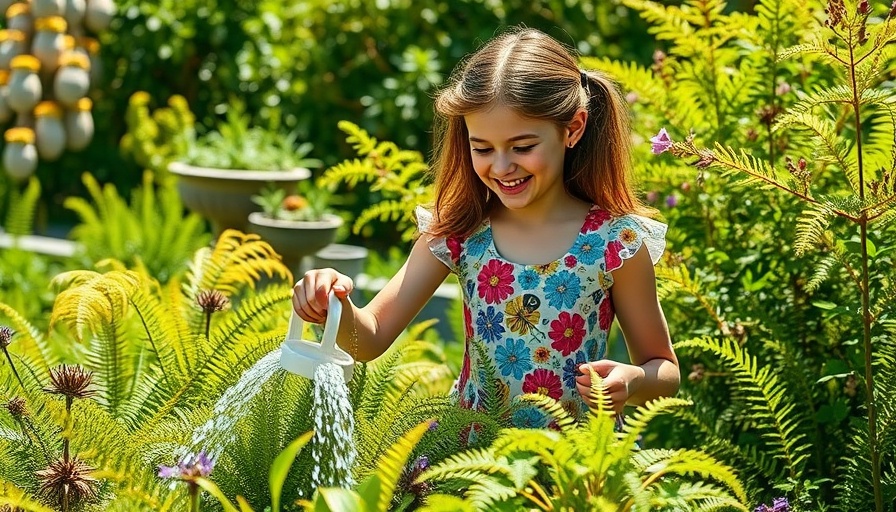
Unveiling Nature's Remedies for Children
In a world where children often battle with the sniffles, upset tummies, and restless nights, herbal remedies offer a gentle solution. Let's explore the evolving relationship between children and the healing powers of plants, emphasizing the importance of cultivating their connection with nature.
Breaking Ground: The Evolution of Herbal Knowledge
Over the past half-century, our understanding of herbal safety for children has undergone significant changes. While once a wide range of herbs were considered safe, experts now caution against using certain plants, such as comfrey, due to potential risks. The increased age for safe honey consumption is just one example of this evolving knowledge base. Despite these adjustments, one thing remains: the unyielding enthusiasm for introducing children to the wonders of herbal healing.
Gentle Solutions: Herbs for Little Ones
Introducing children to the world of herbs doesn't require a PhD in botany. As Derek Fleming, a seasoned herbalist and owner of New Earth Organics, points out, culinary herbs are perfect gateways for young ones. These gentle plants can serve as safe and effective introductions to herbal medicine. Children are naturally curious, making herbs an alluring medium for sensory exploration.
The Joy of Growing and Gathering
There's something magical about getting hands-on with plants. By cultivating their own herbal gardens, children can engage with the sensory experience of herbs. Aromatic plants like oregano and peppermint, when rubbed between small fingers, release their inherent scents, providing a delightful backdrop for learning. Taking part in the planting and harvesting of these herbs fosters pride and ownership, reinforcing the educational experience.
Wild Foraging: A Cautionary Adventure
For the more adventurous families, wild foraging presents an exciting opportunity to connect with nature. However, this must be approached with caution and certainty about the species being harvested. Knowing how to identify plants such as yarrow, which can stop bleeding, can impress and educate children simultaneously. Yet, it’s crucial to remember that many herbs beneficial for adults may not be suitable for children, thus favoring kitchen herbs for their gentler properties.
Understanding Dosages: A Thoughtful Approach
One prevalent myth surrounding herbal remedies is the idea that they follow a uniform dosage. Unlike pharmaceuticals, herbal dosages vary greatly and are often based on adult measurements. For kids, a typical rule of thumb is to adjust based on their weight. This approach allows parents to personalize dosages, ensuring safe and effective use of herbal remedies.
Incorporating Herbs into Daily Life
The journey doesn’t end with planting or foraging. Integrating herbs into daily rituals, such as afternoon teas or cooking, nurtures children's love for nature's bounty. Involving kids in the process of brewing herbal teas or preparing meals with fresh herbs makes them active participants in their health journey. Such engaging activities can forge lasting memories and instill a lifelong appreciation for natural remedies.
Future Trends: The Herbal Legacy Continues
As we advance in health understandings, the trend of returning to natural remedies—including herbs for our children—is likely to grow. Parents are increasingly seeking holistic solutions that prioritize safety and effectiveness while fostering resilience in their children. Establishing a foundation of herbal knowledge now will empower future generations to use plants wisely, benefiting their health and well-being.
If you're a parent eager to foster your children’s health and spark their curiosity about nature’s remedies, start today by introducing them to the joys of herbal gardening. One small step can forge a strong connection with the environment and cultivate a lifelong interest in healthful living.
 Add Row
Add Row  Add
Add 



Write A Comment